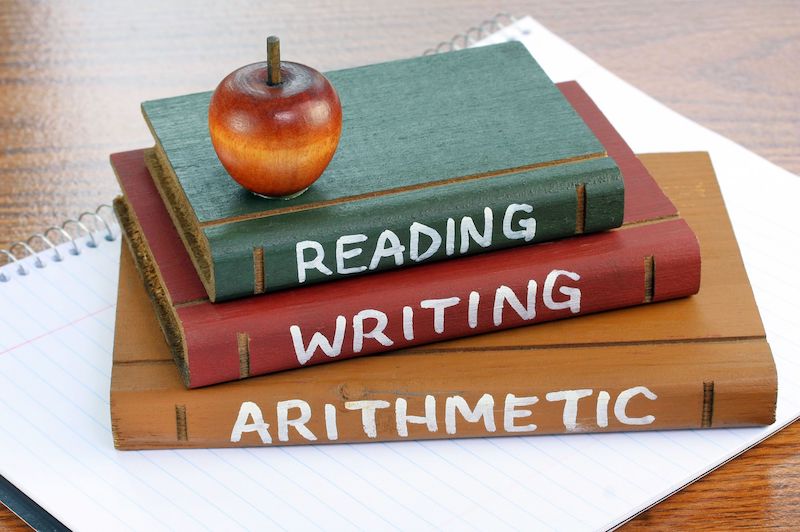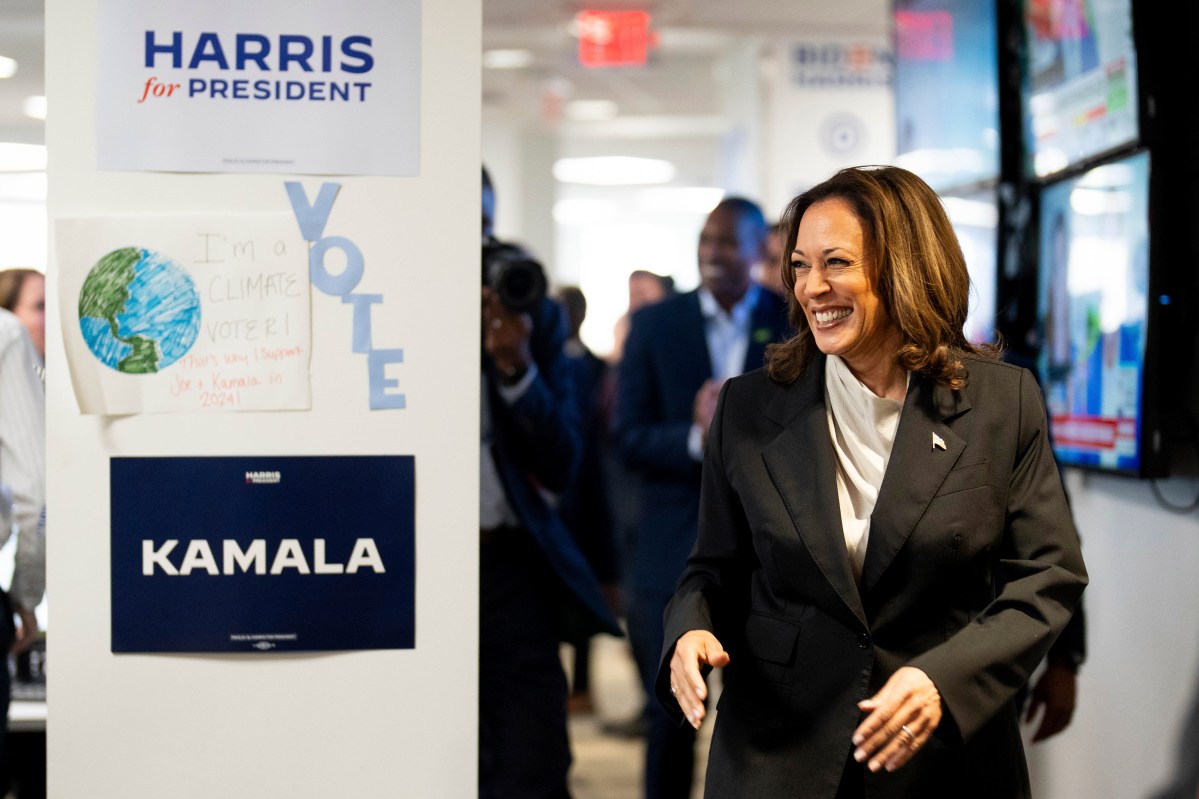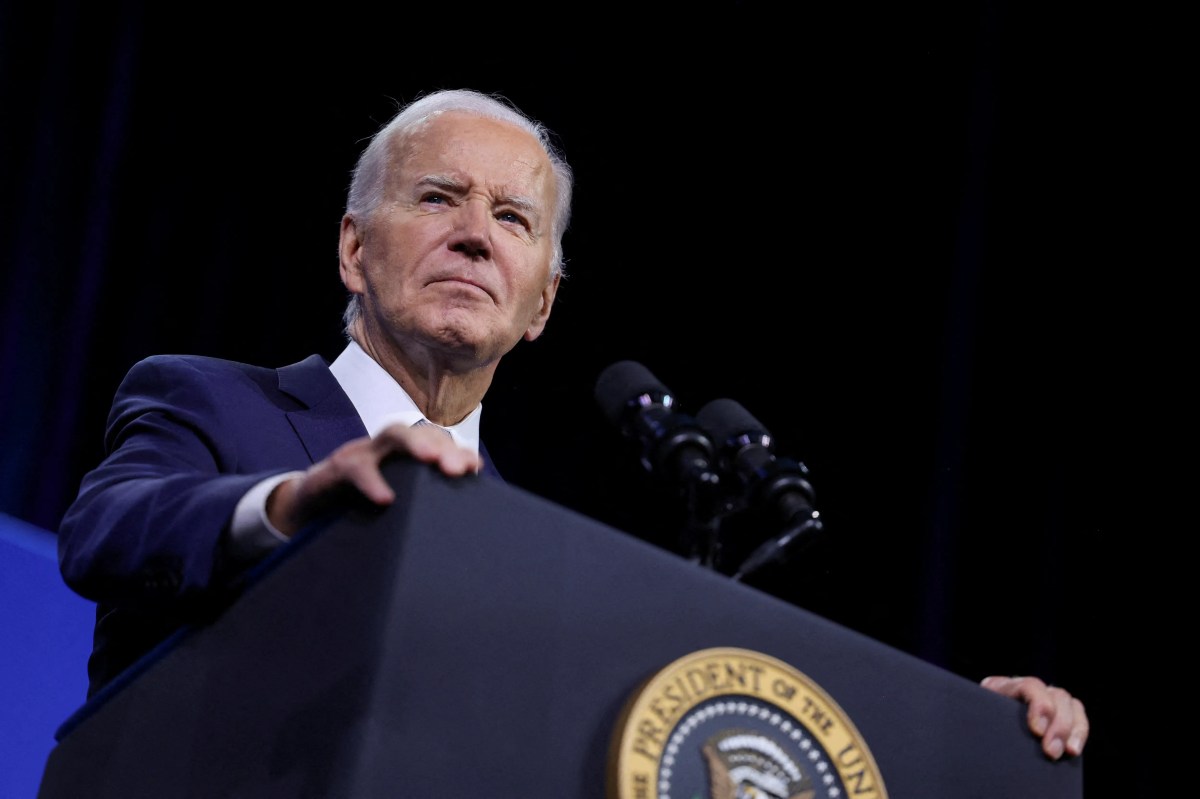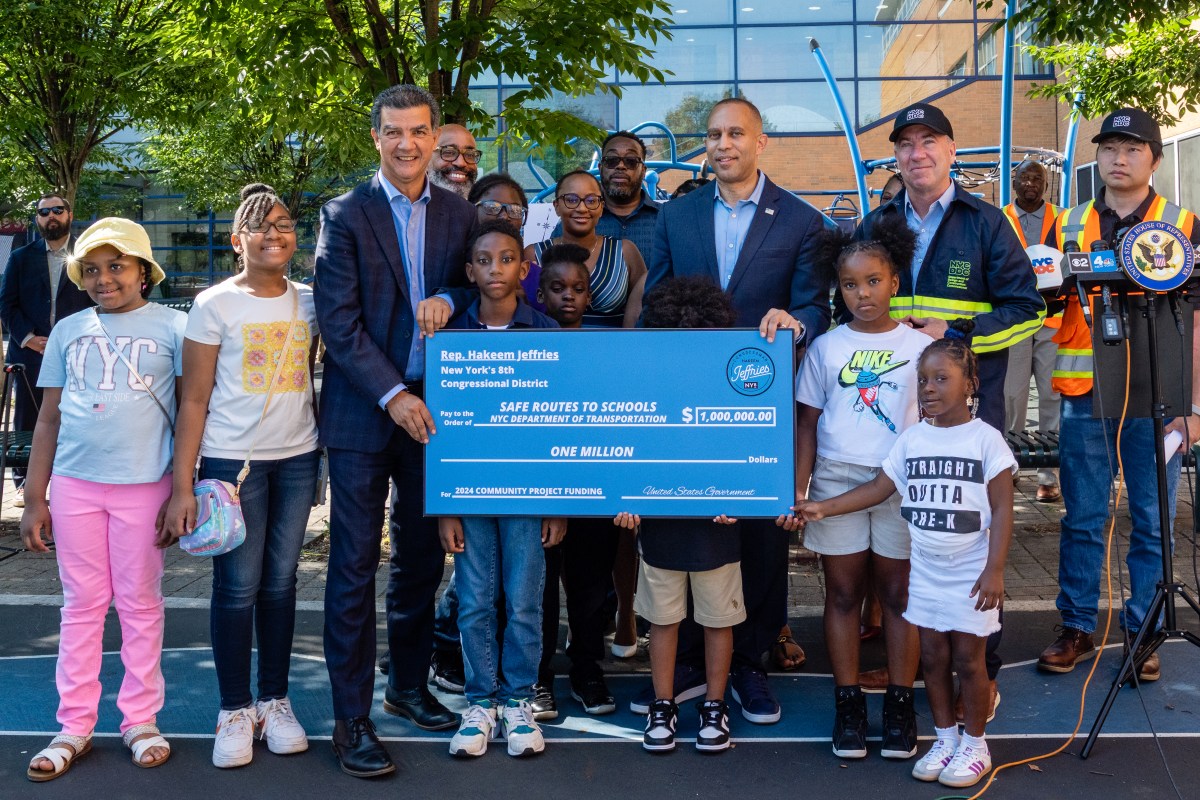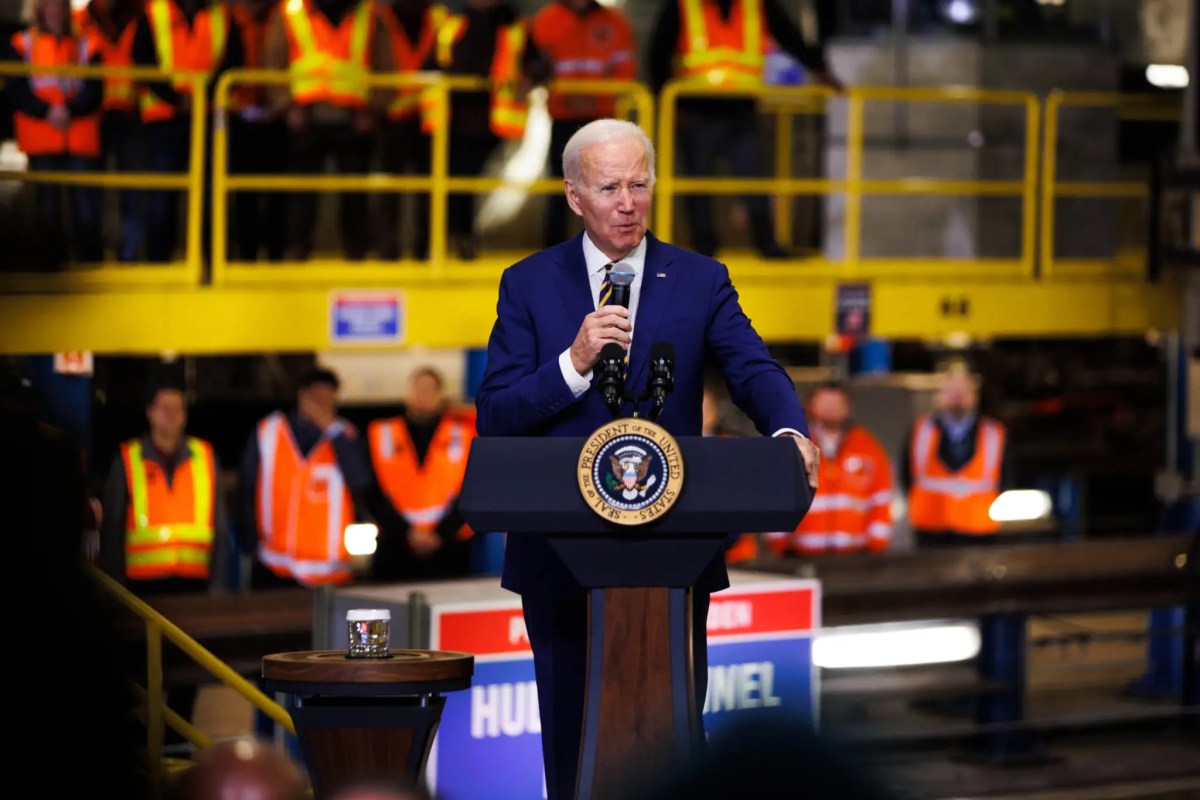Assemblyman Simcha Eichenstein (D-Borough Park) is leading a growing chorus of opposition to a proposed New York State Education Department (NYSED) rule change allowing local school boards to investigate non-public schools and determine whether substantial equivalency is provided,
The new regulations would instruct local school boards to send two individuals into non-public schools and determine substantial equivalency is provided, based on specific guidelines set forth in the regulations that include specific courses and amount of units.
Among other guides for such determinations, the proposed rule would require non-public schools to teach “common-based subjects” in English as well as health and physical education, music, visual arts, library and information skills, career development and occupational studies and specific amounts of units of core subjects based on grade, such as four units of English for high school or two units of social studies for middle school students.
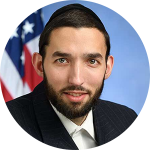
But Eichenstein, along with many private school parents and organizations, including school boards themselves, have growing concerns about the proposal.
“They’re adding all these subjects. If you’re really interested in children receiving a sound, basic education – yes, they are receiving a sound, basic education including the core subjects of English, language, math, science and social studies. I’m not denying the fact that we don’t do theater, or we don’t do dance or we don’t do music,” said Eichenstein. “But the system is not broken, in fact, it’s thriving. You don’t have to fix something that is not broken.”
The rules were previously proposed as guidelines, but due to a lawsuit are now presented in a formal regulation which must go before and be voted on by the Board of Regents. That process includes a public comment period, which is due to end on September 2.
YeshivasByChoice.Org, a website that simplifies the process of submitting a comment, claims to have received over 13,000 submissions. “These regulations are similar to the previous Guidelines: dictating about a dozen secular subjects our Yeshivas must teach, for how long (4-5 hrs a day), and will give local public school districts the authority to approve or shut down our schools,” reads the website. “Results, grades, competencies, graduation rates, or other factors regarding equivalency to public schools are not taken into account for these purposes.”
Many see the combination of inspectors, additional mandatory subjects and units and other requirements as laid out in the regulation as a direct attack on the private school structure, especially with regards to Orthodox Jewish Yeshivas.
“Let’s fix specific problems. Let’s work to close the gaps where we need improvement, rather than just ripping apart our education system. I think that’s what the regulation is proposing to do,” said Levi Oberlander, a Brooklyn parent of Yeshiva students.
The New York State School Boards Association (NYSSBA) has also expressed opposition to the proposed regulation, citing a lack of resources on already stressed-out school boards and the lack of legal authority to force local school boards to determine substantial equivalence in non-public schools throughout the state.
In a letter to the Board of Regents and State Education Commissioner, NYSSBA said that the proposed rules are “confusing, lack enabling statutory authority, and otherwise impose a tremendous burden on school districts that are simultaneously faced with the challenges of meeting the needs of their own public school students.”
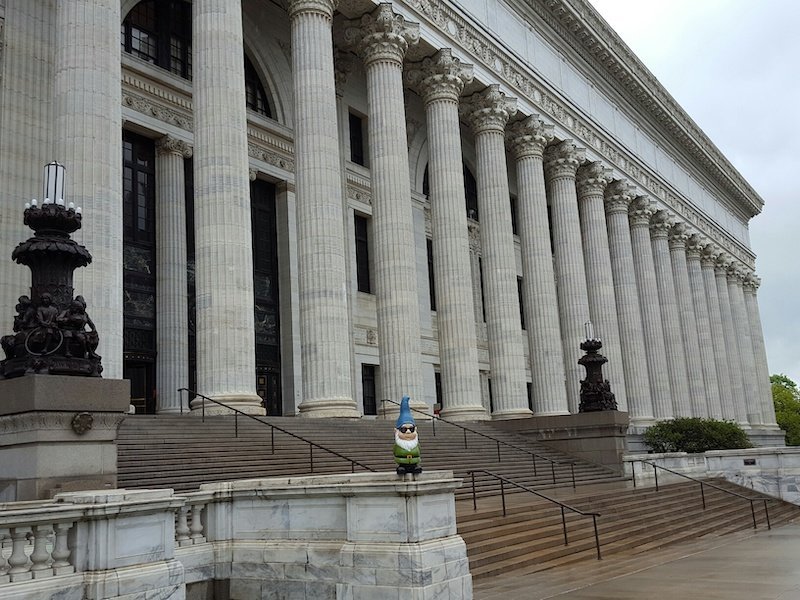
NYSED Commissioner MaryEllen Elia added that by following the State Administrative Procedure Act process, the agency is addressing the court’s concerns.
“Nonpublic schools are an important part of the educational landscape in New York State. With the regulations, we will ensure that all students – no matter which school they attend – have the benefit of receiving the education state law says they must have,” said Elia.
But Eichenstein said there is a real concern that the proposal has nothing to do with education and everything to do with an attack on these schools’ way of life.
“They’re redefining the interpretation of substantial equivalency,” said Eichenstein. “They are adding a whole bunch of subjects and they’re basically saying for the first time that substantial equivalency is based on specific fixed hours and courses.”


